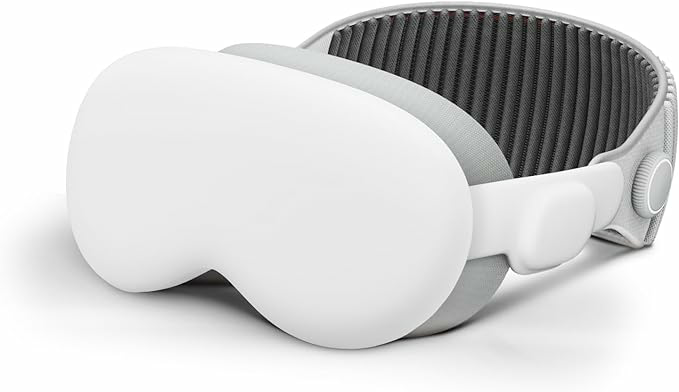Drinking cold water with food or immediately after eating may have several consequences, though individual responses can vary. Some potential effects include:
1. **Impact on Digestion:** Cold water can temporarily affect the efficiency of the digestive process. It may solidify fats in the food, making them more difficult to digest. This can potentially lead to indigestion or bloating.
2. **Constriction of Blood Vessels:** Cold beverages may cause blood vessels to constrict. This constriction could potentially hinder the absorption of nutrients from the food in the digestive tract.
3. **Slowing Enzyme Activity:** Cold temperatures can slow down the activity of digestive enzymes. Efficient digestion requires enzymes to break down nutrients, and colder temperatures may interfere with this process.
4. **Temperature Contrast:** Consuming very cold water alongside hot or warm food can create a significant temperature contrast in the stomach, potentially impacting the overall digestive environment.
The scientific reasoning behind these consequences is based on the way the digestive system works. Enzymes responsible for breaking down food into absorbable components often function optimally at the body's natural temperature. Introducing cold water may disrupt this enzymatic activity and affect the overall digestive process.
However, it's important to note that these effects may not be dramatic for everyone, and the impact can vary based on individual tolerance and health conditions. Many people can consume cold water with meals without experiencing significant issues. It's always advisable to pay attention to how your body responds and make choices based on personal comfort and well-being.
For optimal digestion, some recommend drinking water at room temperature or warm water, especially during meals. This allows the digestive system to function effectively without the potential interference of cold temperatures.




No comments:
Post a Comment